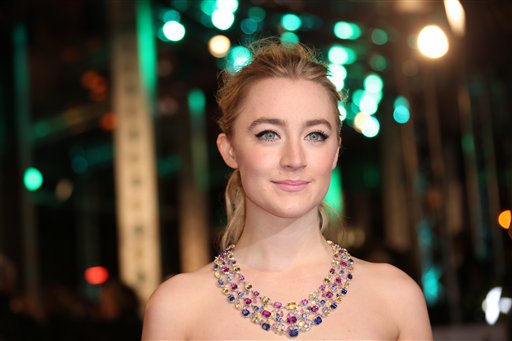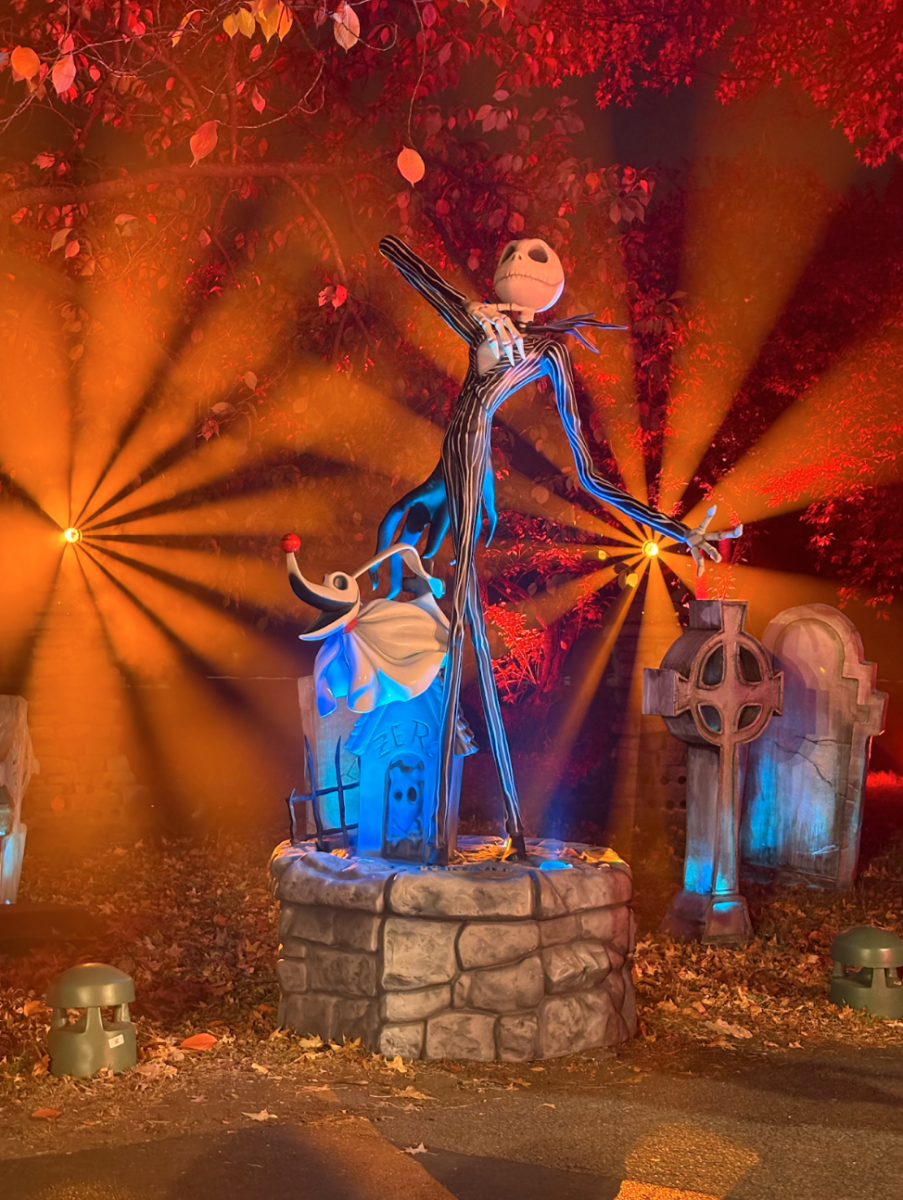By Claire Del Sorbo

Many people’s recollections of Arthur Miller’s “The Crucible” have been reduced to sour memories of assigned readings from high school English class. However, like any play, the text is better understood when performed rather than spoken wearily at a classroom desk.
The current revival of “The Crucible” playing at the Walter Kerr Theatre features big names, a simple setting and an unknown time and place that shows the dangerous effects of hysteria.
“The Crucible” is a fictionalized account of the Salem Witch Trials that takes place in 17th century Massachusetts. A group of teenage girls led by the manipulative Abigail Williams (Oscar nominee Saoirse Ronan) accuse many of the men and women in their town of witchcraft and see them subsequently hanged.
The main targets of Abigail’s rage are farmer John Proctor (Ben Wishaw) and his wife Elizabeth (Sophie Okonedo), a couple for whom she used to work. Abigail lusted after Proctor, which led to Elizabeth dismissing her shortly thereafter, sensing that he may have committed adultery.
Abigail’s schemes lead to her former masters both being accused of witchcraft. As the trial wages on, the powerful Deputy Governor Danforth (Game of Thrones’ Ciaran Hinds), Reverend John Hale (Bill Camp), and Reverend Samuel Parris (Jason Butler Harner) are thrust into legal and theological chaos, creating moral anarchy.
When Miller wrote “The Crucible” in the 1950s, it was clearly an allegory for the federal government’s “witch hunt” for communists. It was declared un-American by several political interest groups, but in an ironic twist of fate, won several Tony awards in its season.
However, in this production directed by Ivo van Hove, its message is not so easily interpreted. It is set in an unknown time and place, possibly to highlight the fundamental idea of intolerance and religious fanaticism: a clever idea, but poorly executed.
The arbitrary setting inside a school building leaves the audience generally confused. The absence of strict roles and identities in the play (i.e. Proctor as a farmer, Abigail and Mary Warren as servant girls) creates a perplexing dynamic between characters.
Despite the lack of structure given by the setting, the performances were incredibly powerful. I especially enjoyed the performances by the younger actresses: Saoirse Ronan as the cunning Abigail and Tavi Gevinson as the naïve Mary Warren. Ronan’s lustful scene with Proctor in the first act and Gevinson’s emotional outbursts during the trial scenes sent chills down my spine.
Bill Camp and Jason Butler Harner gave commendable performances as two tormented religious figures. Overall, the actors managed exceedingly well to bring their characters to life in such an obscure production.
I wish I could say that this production of “The Crucible” breathes life into its slightly outdated text, however, its attempt to present the ultimate idea of extremism makes this production simply too pretentious. It appeared to me as though this production was directed by a Brooklyn yuppie.
The actors are the highlight of this bizarre production. It might be best, next time, to stick to a more realistic interpretation of the text.





































































































































































































